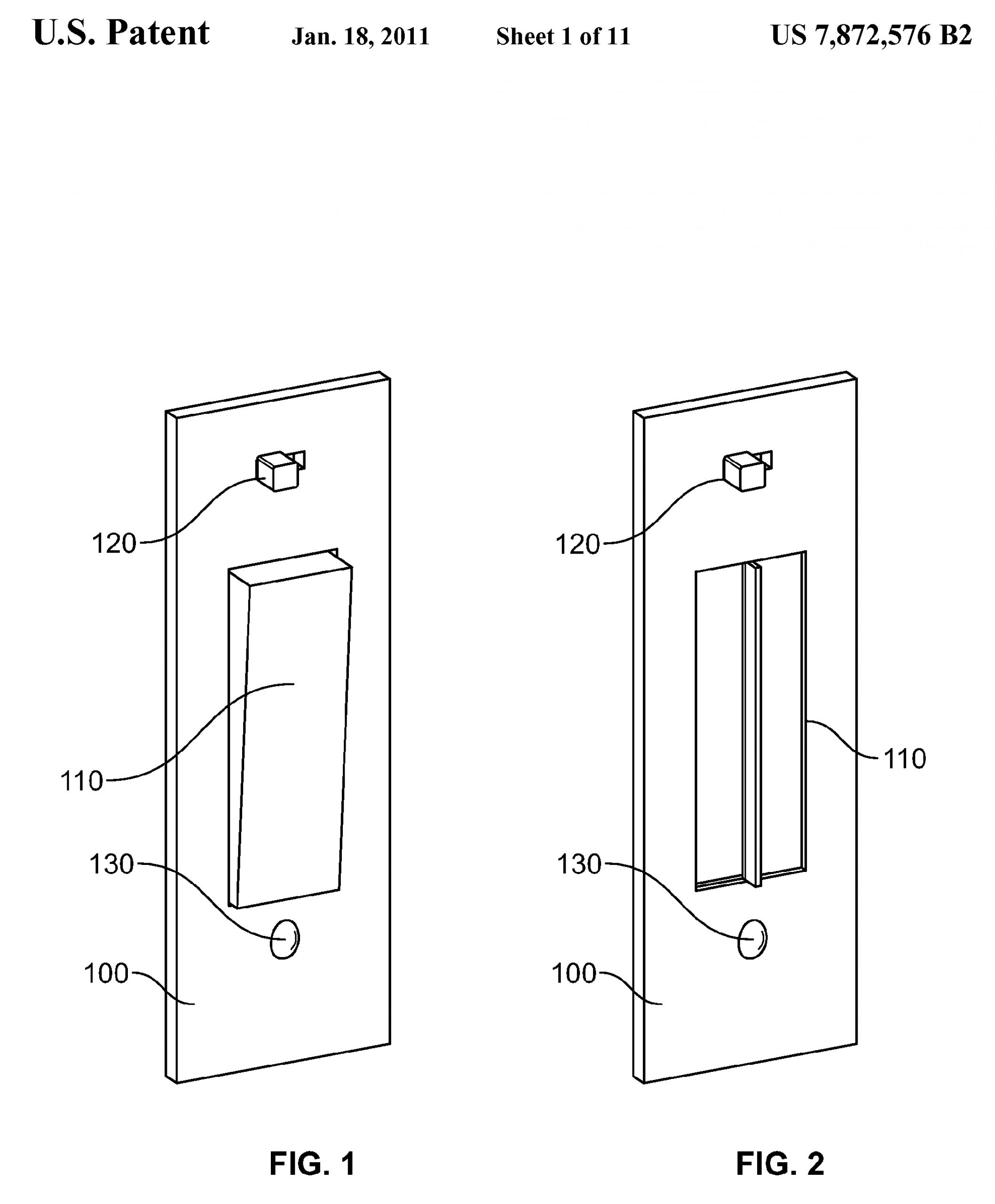
Here’s a challenge for these modern times: How do observant Jews follow the Biblical commandment to observe the Sabbath? Rabbis generally agree that driving is prohibited, and that using electricity is not prohibited – but using switches to manually turn the flow of electricity on or off is prohibited. This is why you may have seen refrigerators or ovens with a “Sabbath mode”, which prevents certain functions from working on the Sabbath. By contrast, light switches don’t have such a mode; they are either on or off.
Which brings us to the KosherSwitch and the concept of random chance. In describing the function of this light switch, U.S. Patent Number 7,872,576 explains that, in Jewish law, “certain mitigating factors may turn a prohibited act into a permitted act or may lessen the degree of violation…” It is permissible to set a timer before the Sabbath which causes an action to occur during the Sabbath (such as setting a timer to turn lights on and off). Mitigating factors can include a lack of intent to cause an action, and whether the initial action is sufficiently removed from the final result. The KosherSwitch’s inventor, Andreh Kalatizadeh, solves these issues by using random numbers and intervening steps.
In a normal light switch, the user turns on the switch, which causes electricity to either flow or not flow to the light, which is the KosherSwitch’s normal mode of operation. When the KosherSwitch’s “Sabbath mode” is activated, the switch uses a combination of transmitted signals, factors that may block the signals, and a variable number of times that the switch will try again if it fails. The crucial element is that the user never knows if the light switch will work when used! It might work the first time, or perhaps require multiple attempts. According to the inventor, this concept of random chance is sufficient to distance the user from the action taken and the eventual result, and it enables the user to avoid violating Jewish law.
Patents have always been a way for inventors to protect new and unique concepts. I’m typing this article on a keyboard, with the aid of a mouse, connected to a computer – all of which have been protected at various points by patents. The KosherSwitch may be an example of a giant loophole in Jewish law (as a lawyer, I admit a grudging admiration for the inventor obtaining a patent covering the concept of plausible deniability), but it is an ingenious concept and a pretty cool invention. KosherSwitch is also a federally registered trademark. While the KosherSwitch currently exists only as a light switch, the patent states that the invention “may also be integrated into key lifestyle devices and appliances such as air conditioners, dishwashers, ovens, hotplates, coffee urns, thermostats, elevator call and floor selection buttons, motion detectors, alarm activator/deactivator, hotel door controls, etc.”
Stay tuned for further developments. The next time a light switch doesn’t work the first time, don’t worry – it may be by design!
–Josh Waterston, Esq.

